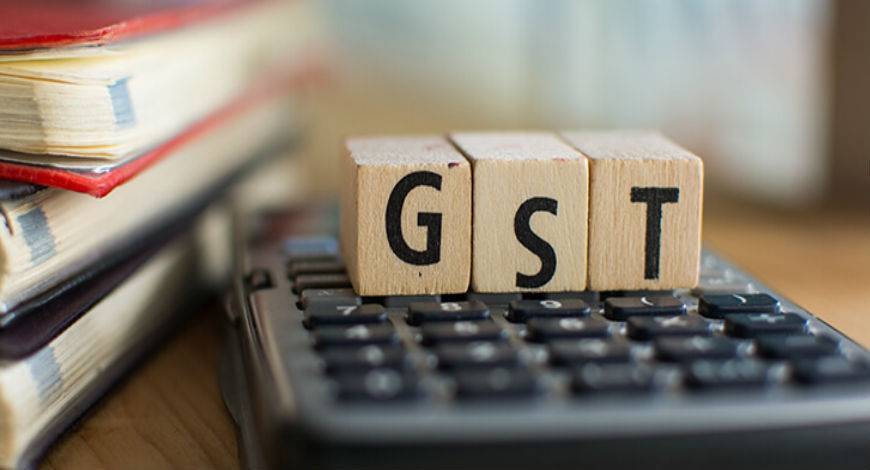Goods and Services Tax (GST) is one of the most significant taxes for homebuyers, especially when it comes to under-construction properties. Since its introduction in 2017, GST has replaced various indirect taxes, simplifying the tax structure across sectors, including real estate. However, it only applies to newly constructed or under-construction properties, while resale homes and land are exempt. Here’s a closer look at the GST structure and its impact on buyers:
GST Rates on Residential Properties
GST rates for residential properties depend on whether the property falls under the affordable housing segment or is considered non-affordable housing.
- 5% GST on Non-Affordable Housing: This rate applies to residential properties priced above ₹45 lakh. These include properties under construction and newly built homes that have not yet been handed over to the buyer.
- 1% GST on Affordable Housing: Affordable housing projects are eligible for a reduced GST rate of 1%. To qualify, the property must cost ₹45 lakh or less and meet specific size criteria. In metro cities, the carpet area should not exceed 60 sq. meters, while in non-metro cities, it should not exceed 90 sq. meters. The reduced rate aims to encourage affordable housing, particularly for first-time buyers and lower-income families.
Why GST Doesn’t Apply to Resale Properties?
Once a property is completed and has received an occupancy certificate (OC), GST is no longer applicable. This means that for ready-to-move-in homes, buyers do not have to pay GST. This distinction makes completed properties more cost-effective compared to under-construction ones, as buyers avoid the added 5% or 1% GST charges.
GST does not apply to resale properties because they involve the transfer of ownership of an existing asset, not the supply of new goods or services. According to GST laws, taxes are levied only on fresh transactions involving the creation or supply of goods and services, such as in the case of under-construction properties. In contrast, when a resale property is purchased, no new construction or service is involved, hence no GST is applicable.
The impact of this exemption is significant for buyers. Since resale properties are exempt from the 5% or 1% GST charged on new construction, they often appear to be a more tax-efficient option. Buyers of resale homes only need to pay stamp duty, registration fees, and other associated charges, which generally do not add up to the same cost as the GST would on under-construction homes. This provides an immediate cost-saving benefit for those looking to avoid the extra GST burden, especially when there is no need to wait for the construction or completion of a property. Additionally, resale properties offer the advantage of immediate possession, making them more attractive for buyers seeking a quicker settlement .
Additional Costs Involved
While GST is a significant factor for under-construction properties, buyers also need to factor in other costs like stamp duty, registration fees, and maintenance charges. For instance, maintenance fees for housing societies with annual turnover above ₹20 lakh attract an 18% GST if the monthly charges exceed ₹7,500 per unit.
Impact of GST on the Real Estate Sector
GST has streamlined the tax process by consolidating multiple taxes into a single system, reducing the cascading effect of taxes. The introduction of Input Tax Credit (ITC) allows developers to pass on tax savings, which can lower the overall construction costs and, in some cases, the final property price. This also benefits homebuyers as it reduces the overall cost of the property, especially for developers who pass on these benefits.
However, it’s important to note that buyers cannot claim ITC for residential properties purchased for personal use. ITC is primarily available for commercial or rental properties.
GST plays a crucial role in the real estate sector by introducing uniform tax rates for under-construction properties and affordable housing. While it is an additional cost for buyers of new homes, the rates are structured to support affordable housing initiatives. Buyers looking for immediate occupancy may find ready-to-move-in properties more attractive since they are exempt from GST. Understanding these tax implications is essential for any property buyer to make an informed decision.
For more details and updates, consider consulting with real estate professionals or tax experts to ensure the latest information on GST and other taxes in the property market.
Image source- indiamart.com









.png)